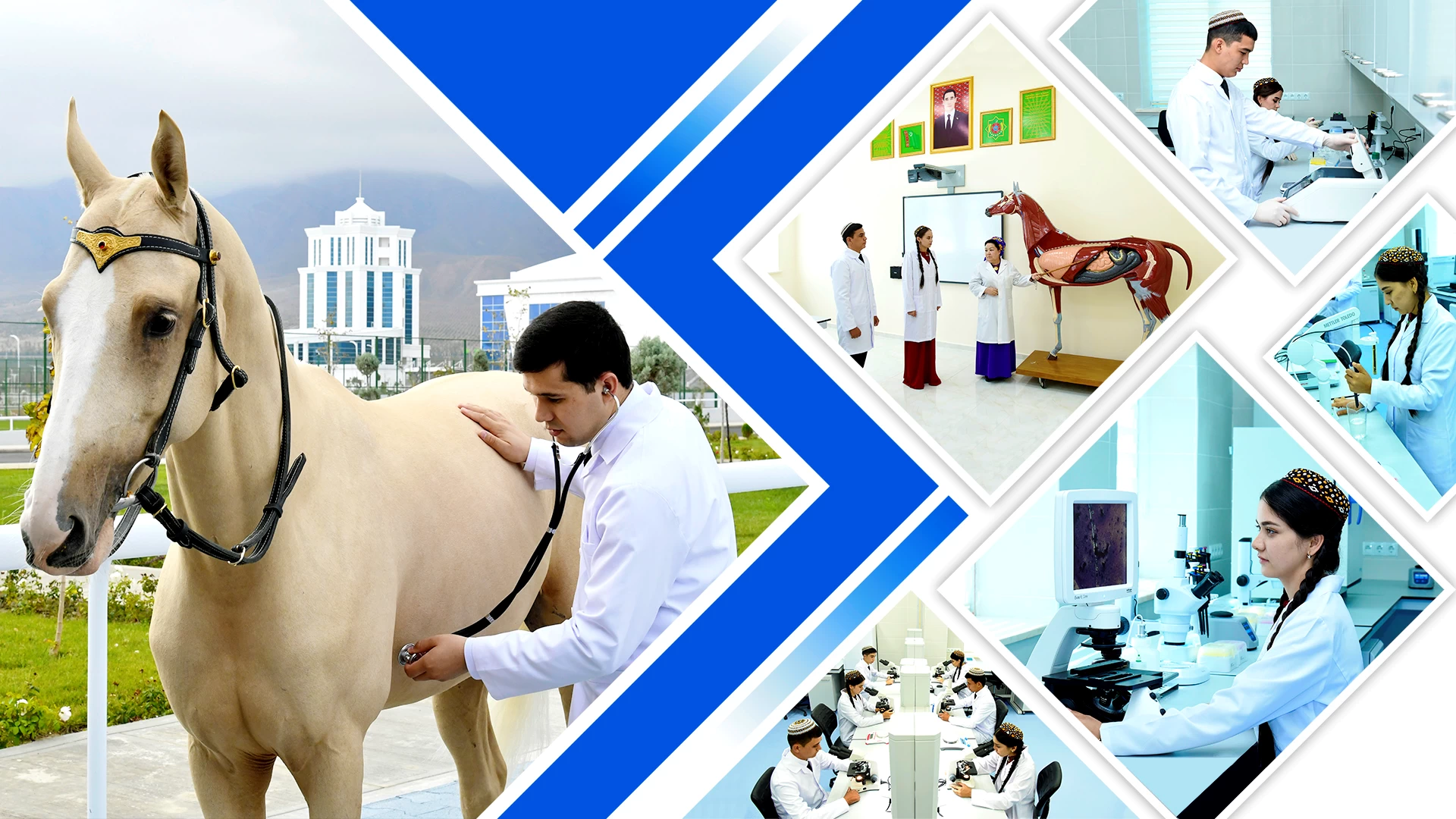In the Horse veterinary the young generation will learn the basic anatomical and physiological structure of horses, as well as scientific ways of diagnosing, treating and preventing infectious and non-infectious diseases of horses, as well as constantly monitoring the performance of veterinary-sanitary measures. Students study veterinary medicine (equestrian) and veterinary-sanitary expertise. In this faculty, students learn breeding activities, keep horses healthy, feed and use them according to the high technologies used in the household, find out the causes of horse diseases, accurately diagnose, treat and prevent horse diseases with modern methods, disease prevention, treatment, recovery, developing a plan of anti-epizootic measures, scientifically and economically justifying veterinary measures, establishing the appropriateness of various methods of treating horses, knowing the rules of using biological agents and drugs, using modern computer tools, independently solving emerging problems, revising technical documents they learn to work and use it, to improve the skills of workers, to master the innovations of scientific and technical development and to introduce them to equestrian practice, to take measures to prevent industrial injuries and occupational diseases, to study the biological condition of the body parts and systems of animals, general clinical indicators, as well as and determining the quality of animal and plant products and raw materials, industrial veterinary and sanitary quality control, safety control of animal and vegetable products, inspection of goods before release to slaughter, sampling of animal and plant products and raw materials, and veterinary and sanitary inspection conducting, applying laboratory research methods using modern technologies, disinfecting products and raw materials, leading a team of employees performing veterinary medicine and veterinary expertise, prevention of the occurrence and spread of infection, invasion and other diseases, biological pollution of the environment they learn to organize and conduct, and evaluate the economic efficiency of veterinary activities.
3971
